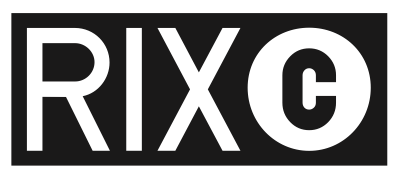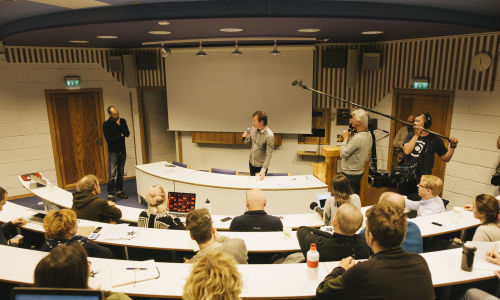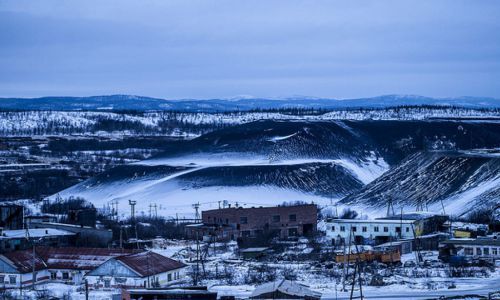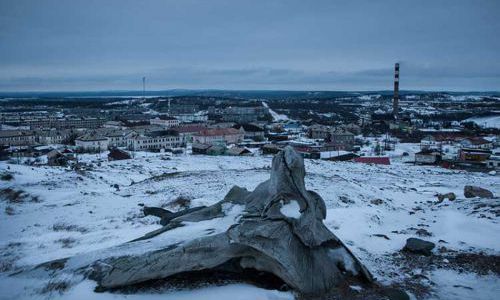Soil Future(s) symposium
International Science-Art Symposium
2. - 6. November 2015
Liepaja, Latvia
In the framework of annual iWeek Art as Research Conference, Soil Future discusses artistic research strategies, methodologies and practices with regards to social, cultural and environmental sustainability. The symposium is followed by a 4-day workshop on Soil Present(s), Past(s) and Future(s) exploring issues of soil and land, sustainable gardening and cultural heritage as resource.
Photo: KarlisVolkovskis
Programme
MONDAY, November 2, 2015 / 14:00-18:00 SOIL FUTURE SYMPOSIUM
13:00 – coffee and registration
14:00 – Welcome words by Anna Trapenciere, iWeek organizer, Rasa Smite, associate professor in New Media Art Programme, and Atis Eglins-Eglitis / Liepaja City Cultural Department.
14:20-14:50 I Creativity and Innovation in Education Change
Albert van der Kooij / Pop Culture Academy (Groningen, NL). An anarchistic anthropological approach of collaboration. A contemplation and examples.
14.50 - 15:50 II Contemporary Media Art and Techno-Ecological Practices
Rasa Smite (LV). Renewable Futures and Techno-ecological Art Practices
Paula Vitola (LV). Virtuosi
Viktorija Siaulyte / Jutempus (LT/DE). Zooetics
16:00-17:30 III – Soil, Land and Cultural Heritage as Resource
Andrew Gryf Paterson / Serde (SCO/FI/LV). Cultural Heritage as Resource
Kaspars Lielgalvis / Totaldobzhe (Riga, LV). On ecological issues of agricultural industrialization.
Kaspars Goba / Rucka (Cesis, LT). On land, soil and contemporary culture.
Maija Demitere (Liepaja, LV). The Aliveness of Soil
17:30-18:00 – Closing session
Closing discussion with Ilva Skulte and Normunds Kozlovs / RSU (Riga, LV).
Concluding thoughts by Andrew Paterson and Rasa Smite.
Introduction to iWeek workshops by Anna Trapenciere, Janis Jankevics, and other workshop leaders.
TUESDAY, November 3 – FRIDAY, November 6 / 10.00 – 17.00 SYMPOSIUM SOIL PRESENT(S), PAST(S) AND FUTURE(S)
The symposium consist of a 1-day conference programme, followed by 4-day workshop co-designed by Andrew Gryf Paterson (SCO/FI/LV) together with Maija Demitere (LV) focuses on nearby Soil present(s) and Soil past(s), aswell as trans-local Soil future(s), with a mix of hands-on, fieldwork and brainstorming exercises.
Day 1 & 2: Soil Present(s)
How do you get to know about healthy soil though hands-on work? (You will collect soil and do visual and tactile soil analysis as proposed by Dr. Bruce Ball of Scottish Rural College, and you will be guided into making good compost with miniature/tiny portions to take home).
Day 3: Soil Past(s)
How does one learn about the history of the soil? (You will be taken to a farmer/food producer to learn about how they keep record or know about the past use of the soil).
Day 4: Soil Future(s)
Do we care about the future of soil, is it always going to be in good shape? (You will brainstorm on the international and trans-local strengths, weaknesses, opportunities and threats -SWOT- y/our soil future(s).
HOW TO APPLY: Please apply for workshop by sending an e-mail to the organisers Andrew Paterson agryfp [at] gmail.com or Maija Demitere maija.demitere [at] gmail.com.
LOCATION: Muitas maja, Veca ostmala 54 in Liepaja, Latvia
PARTNERS: Soil Future is organized by RIXC in collaboration with Art Research Lab (MPLab) of Liepaja University and Changing Weathers. Read more about iWeek.
Follow-ups from the Soil Present(s), Past(s) and Future(s) workshops
See the whole Facebook album >

Maija Demitere building an aquaponics growing system. Photo: Andrew Paterson
Maija Demitere leading an eco-dye and soil-painting workshop for kids. Photo: Valtern Pelns

Showcasing 'gourmet geophagy' (eating earth or soil-like substrates). Photo: Andrew Paterson

From the Book
-
Dark Ecological Chocolate
Timothy Morton
Dark ecology starts off dark as in depressing. Then it becomes dark as in mysterious. Then it ends dark as in sweet dark chocolate. In this lecture I'm going to provide an experiential map of dark...
-
Nikel — The City as a Material
An interview with Tatjana Gorbachewskaja
Tatjana Gorbachewskaja is an architect who grew up in the Russian town Nikel, located in the far North near the Russian border with Norway. For Dark Ecology Project she researched the materials of...
-
What Is Dark Ecology?
Timothy Morton
In this essay, which draws on his book Dark Ecology, For a Logic of Coexistence, Timothy Morton — who originally coined the term dark ecology — explains what dark ecology is. He also argues how...






